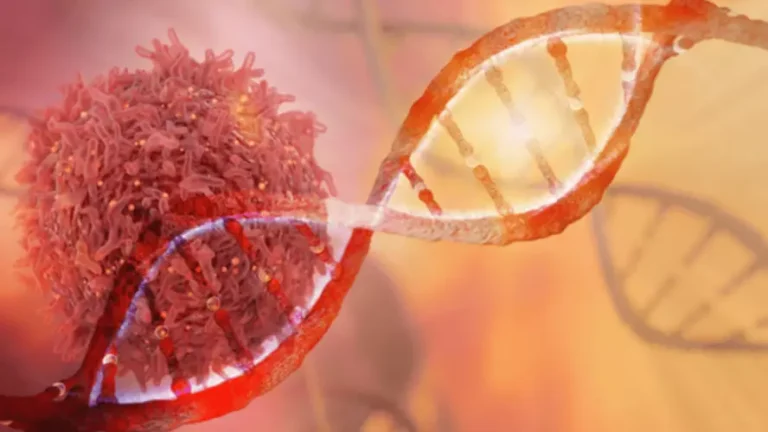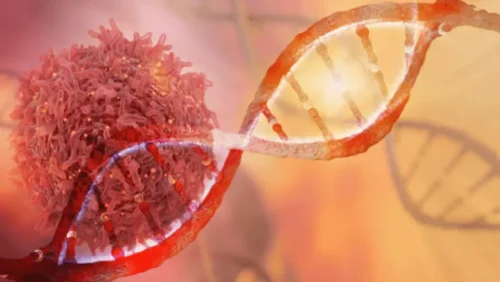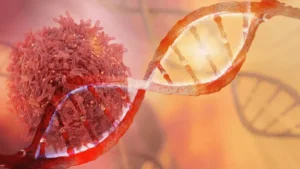
These changes can positively impact the people you love and care about. Living amends can help you rid yourself of the pain of guilt and the need to constantly say “I’m sorry” to the people you’ve wronged in your life. When a person has died, you can still make amends for your actions. Although, you’ll have to find a different way to do so and in a way that makes a lasting impact on you and the people you love who are still here. Making amends with the people you’ve fallen out with as you’re thinking about mortality and what happens when you die is one way of finding emotional freedom and closure.
Focus on your behavior.
It may be self-evident why these are so challenging for people in recovery, who have become so accustomed to hiding the truth about their behavior – even from themselves. For example, one situation where you may avoid amends would be confessing infidelity to a partner or admitting something unlawful. You may also want to tread carefully with toxic family members you must make amends to but need to keep a safe distance from for your sobriety’s sake. These are territories hard to navigate, which is why you need some recovery time and a support network to help you. Step 9, often seen as one of the most challenging, requires courage, humility, and guidance. More than an apology, it’s about making genuine amends—taking action to correct past mistakes without causing harm.
Leave out the “but” and listen

And some people in your life may not be receptive on your timeline. Communicating about the way you harmed others can evoke strong emotions. If you have devoted the necessary time and energy to the first 8 steps, you should have a solid foundation from which to approach making amends in Step 9. Your relationship with a higher power—no matter how you define it—can help you to remain open and willing, even as you acknowledge hard truths about pain you have caused to others. Each person’s experience of addiction and recovery is unique.
How to Successfully Make 9th Step Amends
While you may genuinely want to repair your relationships, it’s a good idea to focus on your sobriety first. For example, some people may require medically supervised detox as a first step, followed by residential alcohol treatment. Living amends is a certain type of amends you make in addiction recovery. Essentially, it means making a radical shift in the way you live and sticking to that. When you make living amends, you make genuine changes to support your emotional and physical sobriety.
Someone telling you not to feel guilty rarely cures guilt. Teasing out the difference between guilt and regret can be tough. The origin of living amends in modern use relates to addiction recovery and substance abuse treatment. However, in the context of grief recovery, David Kessler, in his book Finding Meaning, talks about the importance of living amends as a tool for grief healing. In particular, he discusses how to heal when the person we need to make amends with is no longer living. When the person you owe reparations to has died, you can still make living amends by changing things about you and how you live your life.
- But amends are so much more than just making a list and saying you are sorry, and this is where it becomes important to understand the difference between making an amends and making an apology.
- If you have devoted the necessary time and energy to the first 8 steps, you should have a solid foundation from which to approach making amends in Step 9.
- What about the late nights that we kept our parents up worrying?
You might go to that person and take responsibility for what you have done wrong, express you deep remorse, and ask what you can do to make it up to them. You may couple that making of amends with a request for forgiveness. We can go to them directly and work through it (or at least try). For every time you said you’d be there or that you’d help someone do something and didn’t show up, you’ve left an impression upon that person that they can’t rely on you to keep your word.


It also shares useful coping tools, and helps the reader reflect on their unique relationship with grief and loss. With all those articles (that you should go back and check out if you haven’t read them), it would be easy to assume we have said all there is to say. But if you are dealing with guilt and grief, you probably aren’t surprised that there is more to say. Somehow in all this guilt writing, we have never talked about making amends with someone who died. When my husband misses a turn because he’s https://ecosoberhouse.com/ in the wrong lane, I say nothing. When he runs out of medicine because he didn’t call the doctor for a refill, I trust he has the intelligence to solve his own problem.
Be generous with your time.

For example, if you neglected or mistreated your children while you were using alcohol, a simple apology may not repair the damage. Instead, you may need to engage in a dialogue with them over time. This living amends definition may involve attending family therapy or individual therapy. You will need to demonstrate that you are committed to rebuilding trust and repairing your relationship with them.
- Each person’s experience of addiction and recovery is unique.
- If possible, schedule a time to speak with them in advance to prepare for the conversation.
- In a sober living house, members can transition out of treatment and adjust to their new substance-free lifestyle.
- Your sponsor will help guide you through each specific situation.
Firstly, it allows the person in recovery to separate themselves from the disease of addiction, recognizing that their past actions were not a reflection of their actual values and character. Those who are unfamiliar with the treatment and recovery process may not understand the meaning of making living amends drug addiction treatment when it comes to sobriety. Making living amends is not just about apologizing to your friends and family. It’s also about showing them and yourself through your actions that you are dedicated to your sobriety.
- Making living amends primarily benefits you and not the people you’ve wronged in the past.
- Whether you’re dealing with alcohol addiction or another form of substance use, we are here to help you on your recovery journey.
- Joi Honer directs the operations that support our alumni in their recovery from mental health and substance use disorders.
- Determining the most impactful living amends will require a great deal of honesty.
Making amends in recovery is challenging, and individuals in recovery may encounter various obstacles. This can lead to a breakdown in communication, increased conflict, financial strain, and a profound loss of trust within the family unit. Joi Honer directs the operations that support our alumni in their recovery from mental health and substance use disorders. Ms. Honer, who has been in long-term recovery for over 40 years, has worked in the treatment field for over 33 years. She holds certifications in addiction and co-occurring disorder counseling and a bachelor’s degree in addiction studies, having graduated summa cum laude. It is very important to recognize that the act of making amends is for you and not the other person.
